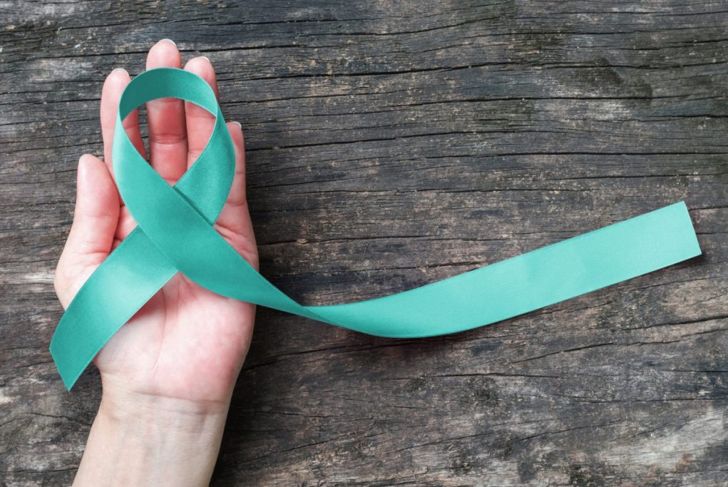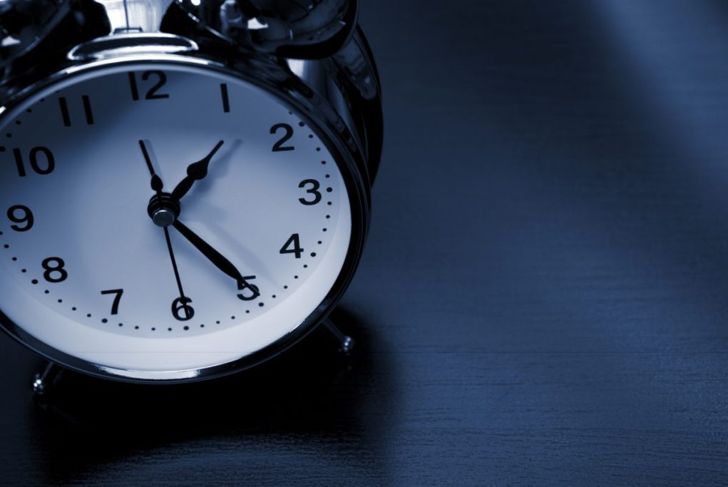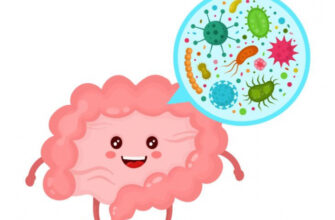Having the occasional nightmare is normal and experienced by over half of the population. A variety of events and disorders cause nightmares and frequency varies between individuals. Children have nightmares more often than adults. Only two out of every twenty-five adults experience reoccurring nightmares compared to a third of children and adolescents.Nightmares usually involve realistic, vivid imagery and intense emotions including guilt, sadness, anxiety, and fear. Anger is also an intense feeling expressed in nightmares, but many professionals in psychology and psychiatry consider anger a secondary emotion prompted by other feelings.
Nightmares and Night Terrors
Nightmares happen towards the end of the sleep cycle during the rapid eye movement, or REM, phase. Night terrors are often called nightmares, but they are different. Night terrors occur halfway through the sleep cycle and cause sleepers to wake up suddenly with an inexplicable feeling of fear or terror. Nightmares are structured with recognizable imagery or events, although people can’t always recall details. Night terrors do not have a structure or recognizable imagery.
Psychology of Nightmares
Anxiety and post-traumatic stress disorder are the most common causes of nightmares. Divorce, death of a loved one, failure to achieve a deeply desired goal, natural disasters, and other traumatic events can trigger nightmares. Sometimes sleep disturbances stop without intervention. Trauma or loss doesn’t always cause nightmares, although trauma accompanied by grief and guilt is a toxic combination. These two emotions are frequently involved in post-traumatic stress disorder, or PTSD. Treatment and therapy can help many people overcome negative feelings and nightmares.
Medications
A variety of prescriptions, such as anti-depressants and insomnia medications, alter chemicals in the brain. People experience a wide range of reactions to medications, including trouble sleeping. Nightmares have been connected to seemingly unrelated medications such as blood pressure or heartburn medication. A doctor can recommend alternative medications or lifestyle changes in some cases. A period of trial and error may be necessary to determine what medication is causing the problem.
Lack of Sleep
Lack of sleep increases nightmares and can become a cycle. Chronic nightmares may cause people to fear and avoid sleep. Nightmares are more vivid and frightening after an extended period without sleep. These consequences can still happen to those who sleep for short periods to avoid having nightmares. The sleep cycle needs more than one or two hours to progress into the REM phase. Recreational, prescription, and over the counter medications to prevent insomnia can make the situation worse for some people and result in even less restful sleep.
Dangers of Nightmares
Recurrent nightmares can be a symptom of psychiatric disorders. People with rapid-eye-movement behavior disorder may react physically to nightmares. Nightmares that interfere with sleep on a regular basis have a negative impact on daytime performance or overall physical and mental health. Poor concentration or falling asleep while working or driving is dangerous. In rare cases, people can’t fully separate events and motivations or intents of others during nightmares from people and circumstances in reality.
Fever Dreams
Nightmares and dreams during fevers are commonly referred to as ‘fever dreams’. Common characteristics include spatial distortions, a prolonged sense of falling through darkness, and dangerous animals. They are often very vivid, frightening, or disturbing. People can be confused when they have a high fever and experience realistic dreams or nightmares. Sometimes they do not realize they were dreaming and become upset or frantic because they believe the disturbing experience was real. This confusion usually dissipates after the fever breaks.
Mechanism of Fever Dreams
A fever is a response to infection and illness. The immune system mounts a defense when viruses or bacteria enter the body and instigates a steep rise in body temperature. Fevers occur in response to the flu, respiratory infections, colds, and many other illnesses. Many researchers believe higher body temperature causes neurons to transmit signals faster than normal. The increased rate of transmissions in the amygdala, the portion of the brain linked to fear and anxiety, produce intense dreams or nightmares. Fever dreams can occur when body temperatures reach or exceeds 100-degrees Fahrenheit.
Prevention
Actions referred to as ‘sleep hygiene’ can aid restful sleep. Relax and put anxiety and worry aside an hour or two before bedtime. Keep the bedroom cool with a fan, air conditioner, or open window. A snack before going to bed increases metabolism and may lead to nightmares. Avoid eating at least an hour before bedtime and limit after-dinner snacks. Seek treatment for health conditions such as restless leg syndrome or sleep apnea. Consult a doctor or other medical professional for depression or anxiety.
Beneficial Evolution
Some researchers believe nightmares are beneficial and evolved to create anxiety related to potential dangers. Humans in the distant past experienced threats they fought or ran from. Decisive action in response to danger was effective. Modern physical dangers such as fires, car accidents, and other traumatic incidents are solitary events for most people, but nightmares may still play the same role. Sometimes people pick up body language, discrepancies, or small warning signs of danger without consciously realizing it. Nightmares put those small observations together into awareness of a threat.
Effects of Modern Life
Stress and anxiety are frequently related to long-term concerns such as debt, employment, health, maintaining a home and living expenses, legal problems, or a nearly endless number of other potential worries. Though such issues cannot be resolved with short-term decisive action, taking control and targeting the root of your problems might help you regain a sense of control that will translate over to your dreams.

 Home
Home Health
Health Diet & Nutrition
Diet & Nutrition Living Well
Living Well More
More




















